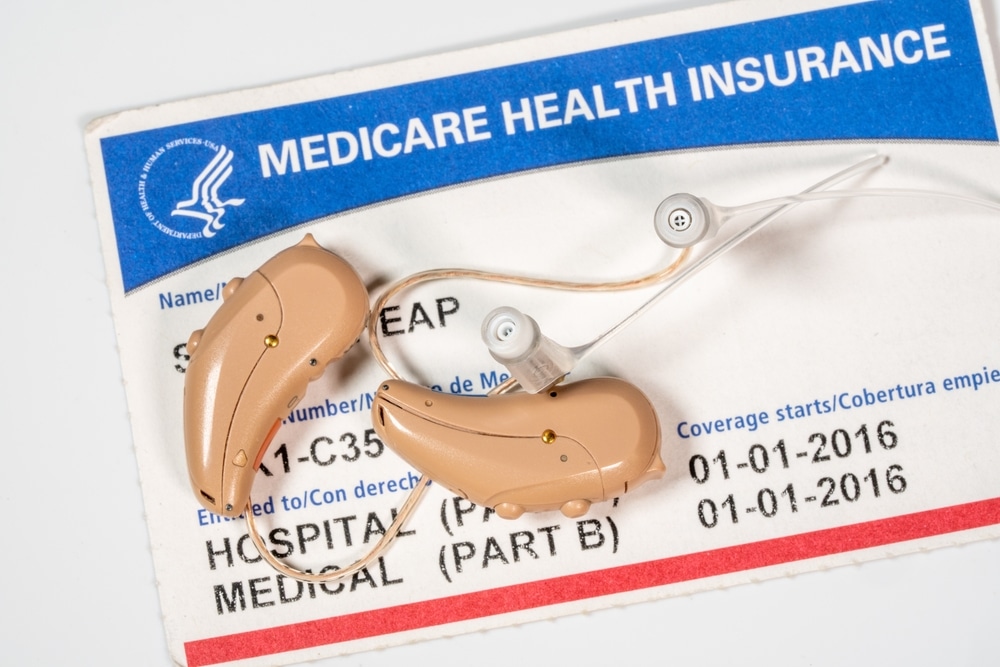Carrying your Medicare Card Safely

How do I protect my Medicare card?
Everyone with health insurance needs proof of coverage, typically provided through a healthcare card that includes personal information used by doctor’s offices and hospitals. While these cards offer convenient access to healthcare benefits, they also pose potential risks for seniors who carry Medicare cards. The information printed on Medicare cards can leave holders vulnerable to identity theft.
Your Medicare Card
When you enroll in Medicare, you will receive a card in the mail. If you’re already receiving Social Security benefits, your Medicare card will arrive three months before your 65th birthday. The card is red, white, and blue for those with Original Medicare, while those with Medicare Advantage Plans receive a different card that includes additional benefits.
The Medicare card displays your name, Medicare number, and the effective date of your coverage. Since 2018, these cards no longer include Social Security numbers to help protect against identity theft. Instead, they feature a unique Medicare Beneficiary Identifier (MBI), which enhances security and helps prevent fraud.
Carrying the Card Safely
While it’s necessary to have your Medicare card when receiving medical services, it’s important to protect it:
- Keep It Secure: Only share your Medicare number with trusted healthcare providers. Avoid carrying the card when it’s not needed.
- Use Copies Wisely: Make a photocopy of your Medicare card and obscure part of the Medicare number. Carry the copy instead of the original to reduce the risk if your wallet is lost or stolen.
- Report Losses Immediately: If your card is lost or stolen, report it to Medicare immediately to prevent misuse. You can request a replacement card online or by phone.
Protecting Medicare Card Against Fraud
Despite the new design of Medicare cards, seniors still need to be vigilant against scams:
- Do Not Share Your Medicare Number: Only give your Medicare number to healthcare providers and trusted individuals. Medicare will never call you uninvited to ask for personal information.
- Be Aware of Scams: If someone contacts you asking for your Medicare information or payment, it’s likely a scam. Report such calls to Medicare or the Federal Trade Commission.
Replacing a Lost or Stolen Medicare Card
If your Medicare card is lost or stolen, follow these steps:
- Contact Medicare: Report the loss by calling 1-800-MEDICARE or visiting their website to request a replacement.
- Monitor for Fraud: Check your Medicare Summary Notices for unauthorized services or charges. Report any suspicious activity immediately.
- Secure the Replacement: Once you receive your new card, destroy the old one to prevent misuse. Ensure your new card is stored securely.
Recent Updates and Considerations
As of 2024, there are approximately 65 million Medicare beneficiaries in the United States. The effort to replace old Medicare cards with new ones, which no longer include Social Security numbers, was completed ahead of schedule. This initiative, aimed at reducing fraud and protecting personal information, was part of a significant modernization effort by the Centers for Medicare & Medicaid Services (CMS). The cost of replacing these cards and implementing the new identity system was substantial but necessary to enhance security.
For more information on handling your Medicare card and maximizing your Medicare benefits, consult a Medicare specialist. Visit MySeniorHealthPlan.com for clear, simple, and efficient guidance on safeguarding your coverage and minimizing risks of identity theft and fraud.
- How Medicare Advantage Plans Cover Seniors’ Vision, Hearing, and Dental Needs - October 29, 2024
- 2025 Medicare Part D Changes: How to Save on Prescriptions - October 25, 2024
- Everything You Need to Know About the 2025 Medicare Changes and How They Affect You - October 21, 2024

